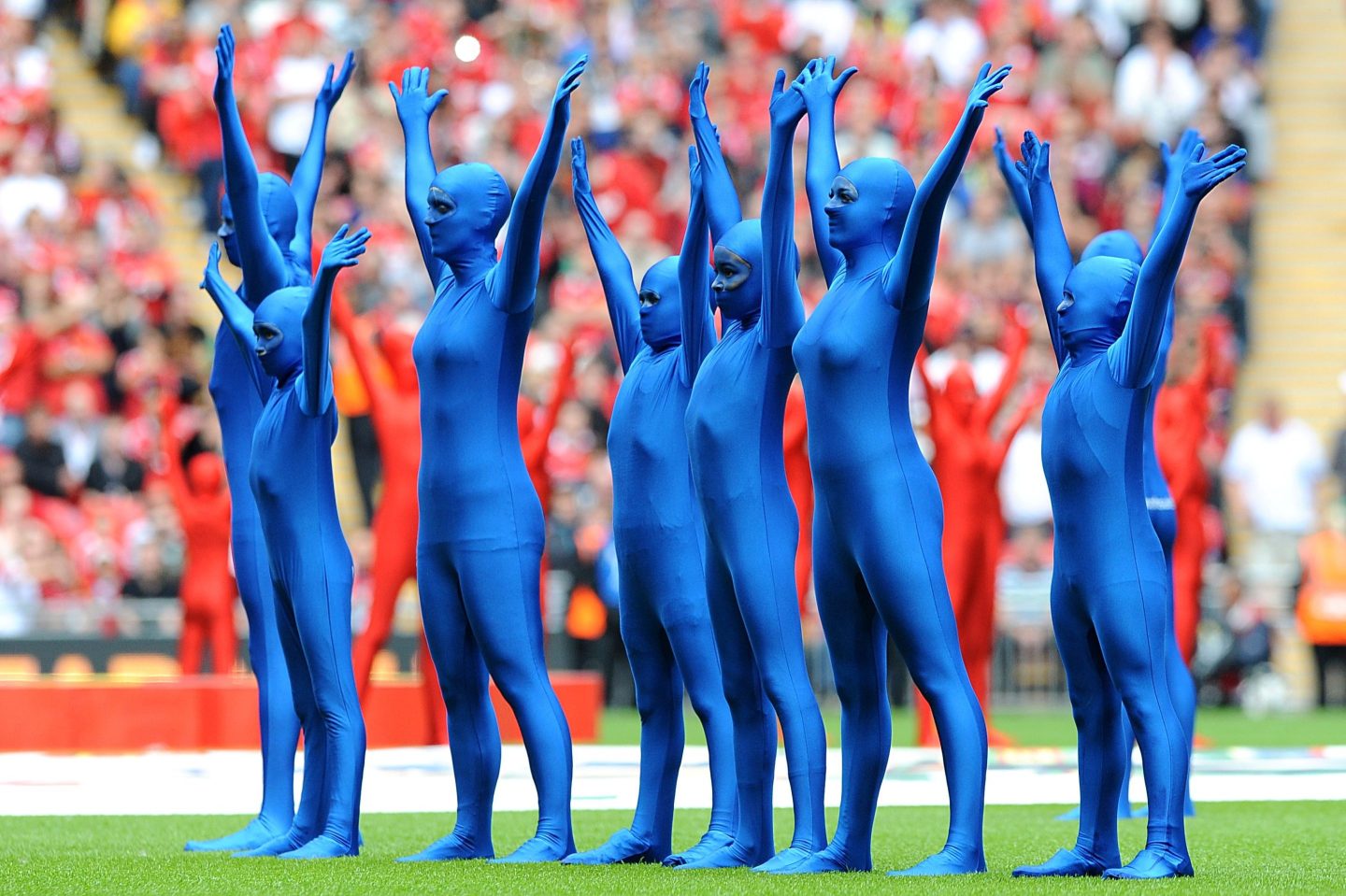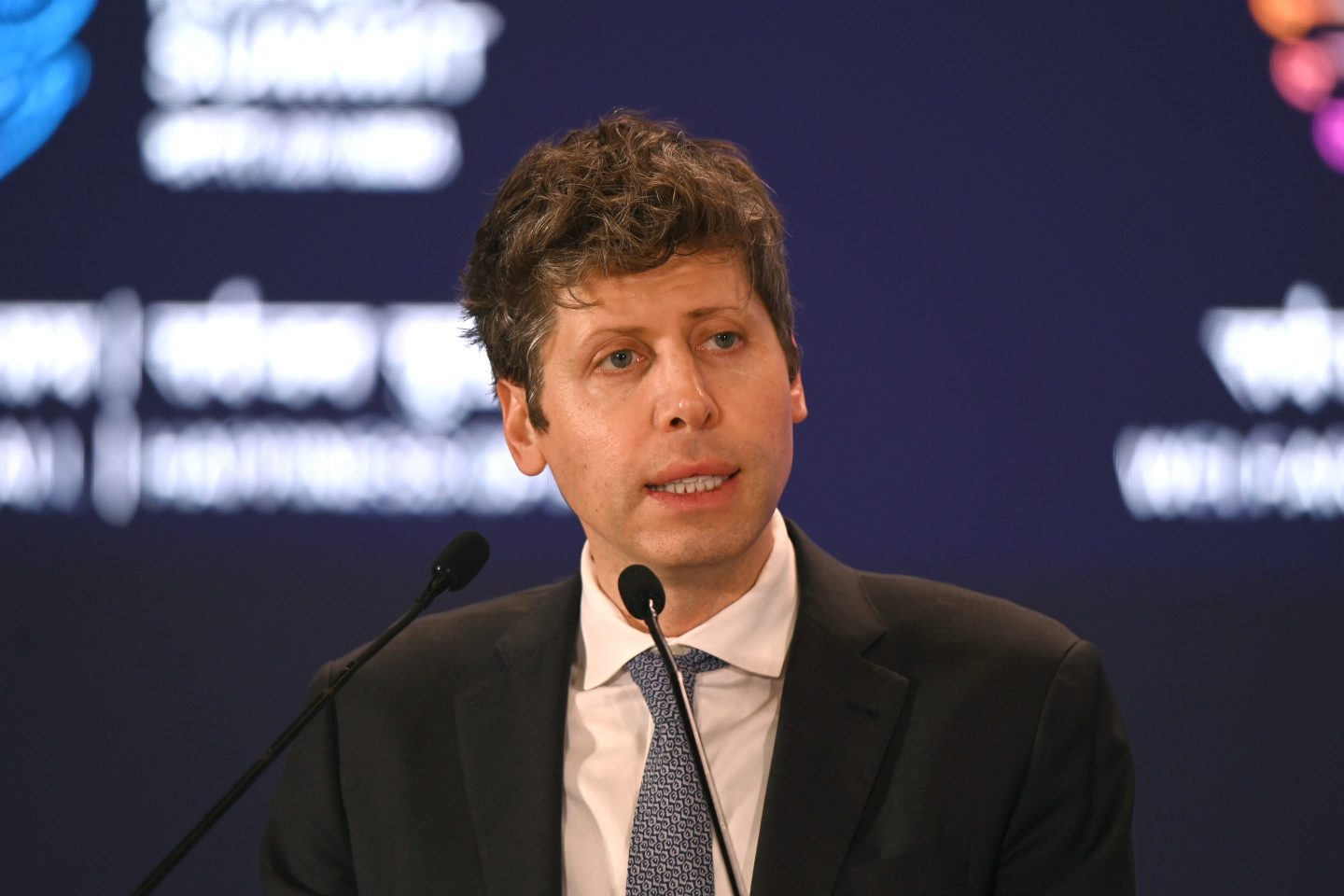It was billionaires day at COP26.
On Tuesday, the third day of the UN climate conference, the sound of helicopters landing and taking off next to the venue barely let up, as world leaders including U.S. President Joe Biden and India Prime Minister Narendra Modi were joined by titans of business and pop culture including Jeff Bezos and Bill Gates and—very briefly—Leonardo DiCaprio.
Bezos was visiting Glasgow to open up a session on forests and land use—the same day as the announcement of a $19.2 billion deforestation pledge—and to announce his own $2 billion pledge to tackle climate change, part of his Bezos Earth Fund. That follows a $1 billion pledge earlier this month, he said.
Nature “gives us life,” he said in a speech. “It is beautiful, but it is also fragile. I was reminded of this in July when I went into space with Blue Origin.”
He was “not prepared” for just how much the trip would change the way he viewed the world, he said.
The Amazon founder also said he was contributing $500 million to a joint fund backed by the Ikea and Rockefeller foundations, which was announced on Tuesday at COP26. That fund, the Global Energy Alliance for People and Planet, will use a total of $10 billion to make investments in renewable energy projects.
Despite the size of the pledges, Bezos’s appearance drew plenty of raised eyebrows. Criticism of the COP26 event has frequently focused on how attendees did or did not arrive at the event (local trains, the most virtuous option, experienced chaotic delays earlier in the week). But the fact that Bezos has focused recently on commuting to space did not go unnoticed. Bezos has reportedly invested about $1 billion per year in Blue Origin, according to the Wall Street Journal.
Later in the day, opening a session on clean technology, billionaire Bill Gates spoke about his fund, Breakthrough Energy Ventures, which provides research and development–focused investments in companies to scale up climate innovations. The fund has so far raised over $2 billion and funded over 80 companies in 11 countries, Gates said.
He also spoke about bringing down the “green premium,” to make technology competitive and scalable worldwide.
“The cost of transition must be low enough that the whole world can afford it,” he said. Over the next year, Gates said, he expects Breakthrough will “double its financial strength.”
The drumbeat behind the high-profile appearances, meanwhile, continued to be tension between larger and smaller countries over financial support.
“Yesterday marked the start of cyclone season in the South Pacific, a period now defined by record smashing superstorms that can erase years of infrastructure progress in a matter of hours,” said Frank Bainimarama, the prime minister of Fiji, at the first event of the morning. “I know, because I’ve seen it happen. Whether it’s storms, floods, or fires—the same hard standards are being learned around the world.
“Building to last year’s standards is building to lose,” he said.
Meanwhile, it was not clear why exactly DiCaprio was at the venue. The event, though high-profile, is not exactly star-studded. The actor, who has long had an interest in the environment, appeared in the crowd for the announcement of Biden’s multilateral methane deal, but didn’t speak. He drew a crowd anyway—one attendee described him as “surprisingly short!”—and, for those wondering, he reportedly flew commercial.
More must-read business news and analysis from Fortune:
- Burger King offers free crypto, putting Bitcoin, Dogecoin, and Ethereum on the menu
- 2022 home prices will keep rising at or near double digits, predicts the analyst who called the current housing boom
- A COVID scare trapped 33,000 visitors inside Shanghai Disneyland in a ‘surreal’ scene
- What to expect in the 2022 used car market
- It’s not just Bitcoin and Shiba Inu: Crypto’s amazing run in 4 charts
Subscribe to Fortune Daily to get essential business stories delivered straight to your inbox each morning.











